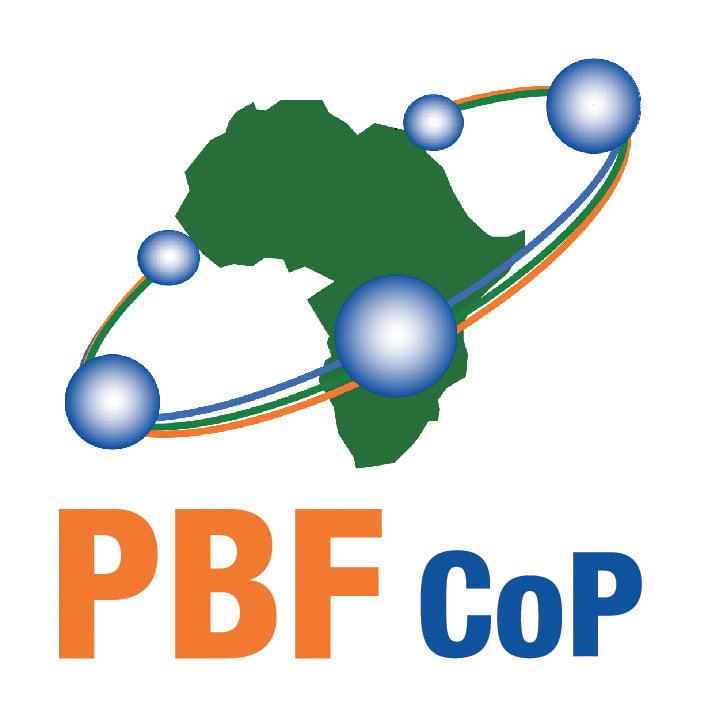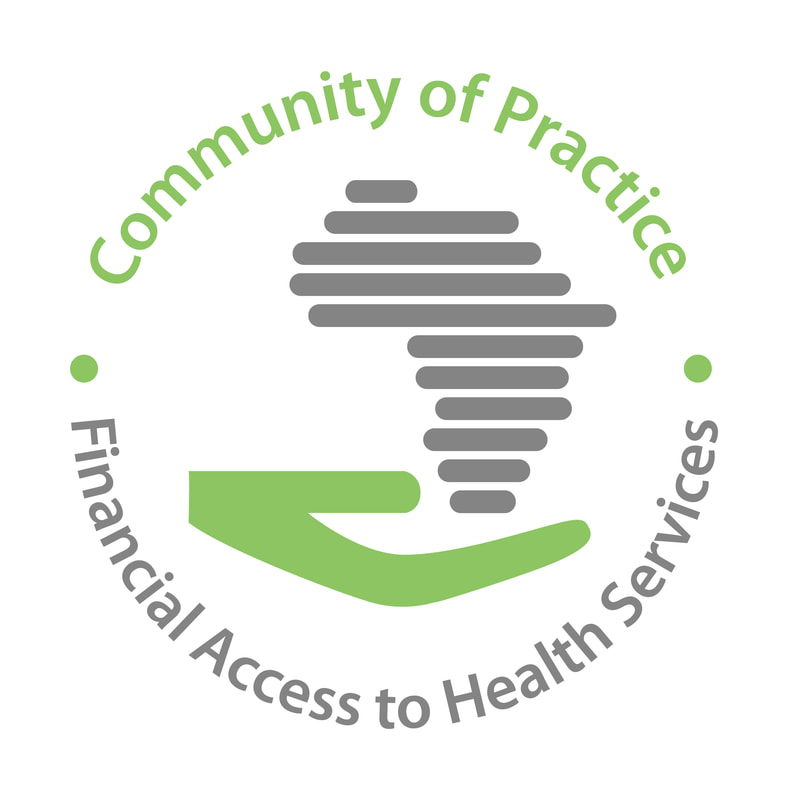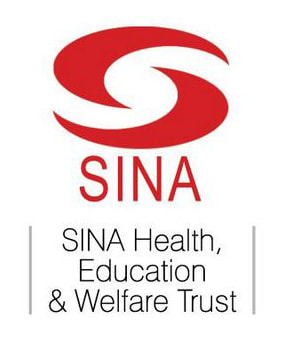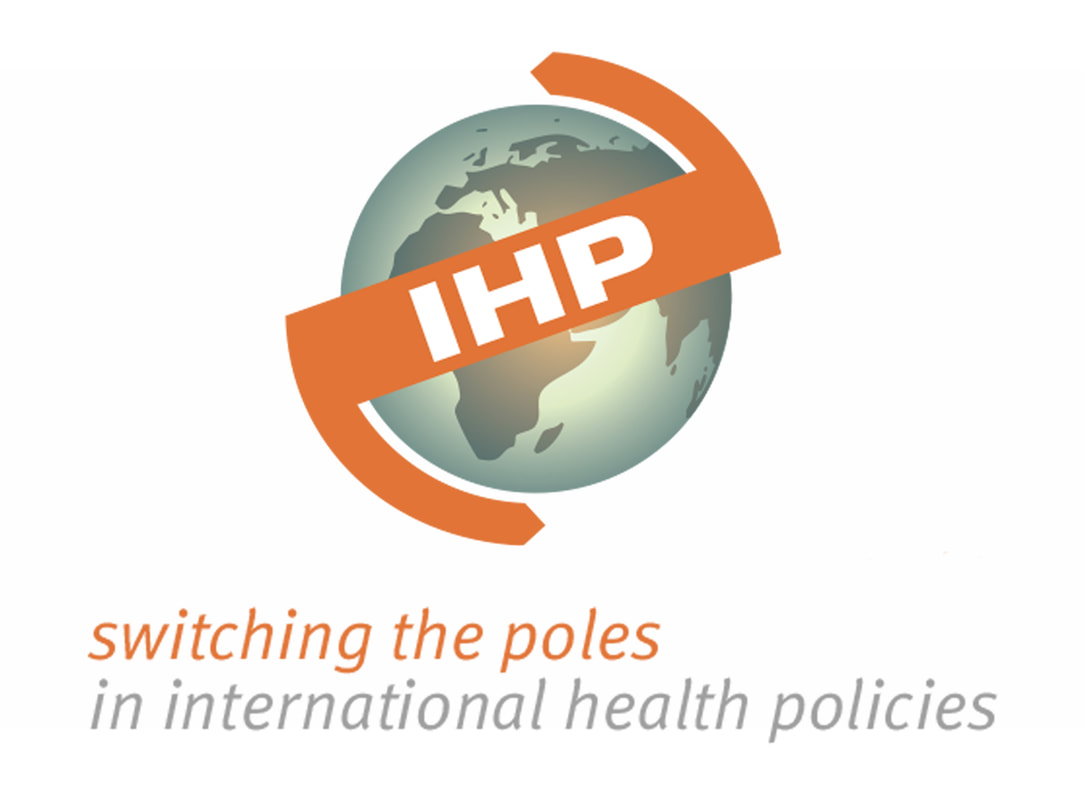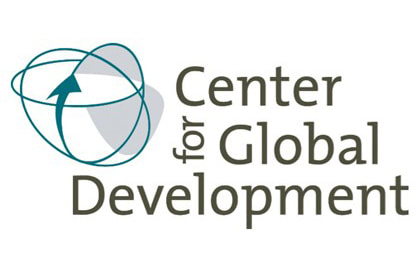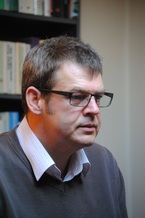
In a recent Chatham House working group paper, Gorik Ooms (ITM) & Rachel Hammonds (ITM) explored whether a Global Fund for Health is a realistic option in the medium/long term, both from the perspective of so called “donor” and “partner” countries. Isidore Sieleunou had an interview with the first author. Gorik zooms in on some of the key messages, political trade-offs involved and implications.
Your paper comes timely, now that the ongoing (post-2015) debate on Sustainable Financing for Health is gaining momentum (See for example the theme of the next PMAC conference: “Global Health Post 2015: accelerating equity”). Could you summarize the paper’s key messages?
A Global Fund for Health would greatly improve the efficacy of international assistance for health, in particular because it would increase the predictability of assistance in the long run, which is essential for including international assistance in long term planning.
There are disadvantages for the countries receiving the assistance: a Global Fund for Health would be able to impose conditions in a way that a multitude of ‘donors’ cannot. But the advantages would outweigh the disadvantages. Compare it with the difference between charity and social protection: you don’t need to be a member of anything to receive charity, but you cannot rely on charity; to be included in a social protection scheme, you need to fulfill certain requirements, which can be inconvenient.
You stress that the political interest for a Global Fund for Health may come from an unexpected corner - more in particular, you see the issue of global warming as a good opportunity. Could you tell us why climate change could help countries rally behind a Global Fund for Health?
Climate change changes the nature of the relationship between countries. MDGs are about poverty reduction – that divides the world into donors and recipients. SDGs are about climate change, that affects all countries and requires efforts from all countries.
In spite of the urgency of the climate challenge, the priority for developing countries is still development and poverty reduction. Especially climate change mitigation seems to be a far-fetched idea for most African leaders. Keeping in mind the relatively low priority of climate change for African leaders, what makes you think linking a Global Health fund with climate change could be a game changer in the political negotiations for the post-2015 era?
Precisely because the climate challenge is a higher priority for the wealthier countries, it puts poorer countries in a stronger bargaining position. They can say: “If you want shared responsibility for environmental sustainability, you will have to accept shared responsibility for social sustainability. Our constituencies will not accept any global deal on climate change that may have a negative impact on our economic growth if there is no compensation.”
Do you think there are many takers in the Global South for such a worldwide social solidarity mechanism, with countries who will require money on a permanent basis, at least for some decades? Put differently, even if you allow for countries moving from recipient to donor status (or even for recipients putting a small amount of money in the Fund so that they are also ‘donors’), still countries will mainly be donors whereas others will mainly be recipients. How do you see this idea of permanent assistance fit with the ‘Africa rising’-narrative, now that more and more African countries say they want to get rid of development aid in the medium term, as they feel it’s patronizing and keeps them in a relationship of dependency?
I can easily understand the reluctance in the Global South. So far, international assistance has been like charity. If I were in the position of being reliant on charity, my first ambition would be to be in a position where I no longer need charity.
But my question to the leaders of the Global South would be: “How do you want to behave after you will have ended your reliance on aid? Will you behave as the wealthier countries do today, and hand out charity, or will you aim for something better, like global social protection?” I think the idea of global social protection fits very well with the African concept of Ubuntu.
The figures and estimates so far only reflect the first step of the transformation of global charity to global social protection. I think we should move very quickly to a regime under which all countries contribute progressively – the difference between both is illustrated by annex 1 and annex 2.
In the current geopolitical environment, how attractive is a ‘Global Fund for Health’ for BRICS countries?
There is growing pressure in BRICS countries to increase social protection – and therefore to increase taxation needed to finance social protection. This is not easy, because of tax competition between countries: countries want to keep taxation low enough to attract investment. A global fund for health would not only organise transfers, it would set targets for domestic social protection levels, and that would mitigate tax competition, which is attractive for countries that would like to increase social protection levels but only if their economic ‘rivals’ do the same.
Furthermore, there are different ideas to finance a Global Fund for health. Simon Caney – professor at Oxford in Political Theory and Global Social Justice – proposes to distribute global emission rights through an auction mechanism. The countries or companies that are most able to ‘transform’ emission of greenhouse gasses into economic benefits would be willing to pay the highest price. The proceeds could finance a ‘green and social environment’ fund, including a global fund for health. This could be a lot more attractive for BRICS countries than the emission ceilings per country that are on the negotiation table now.
A number of donors and international stakeholders say the idea of a Global Fund for health remains a rather monopolistic approach. Competition of ideas, financing mechanisms and products often leads to better results, they say. What would you answer to them? Do you think a Global Fund for health might affect the quality of DAH in a negative way due to lack of competition ? Or is it the other way around?
Again, compare it with the difference between charity and social protection. Under charity, all rich people give as much as they want, when they want to, to whom they want to give. Some rich people can be generous, and may become less generous if they were asked or forced to pay more taxes to finance social protection. The ‘competition’ between Bill Gates, Warren Buffett and other wealthy people may have some advantages that may disappear. Social protection requires coordination: a central body that collects contributions and decides how to redistribute. It seems likely that some particular countries or some particular health issues would experience negative consequences, but overall, I would always prefer to be a member of a social protection scheme, over being the beneficiary of charity.
You have been working on collective social responsibility, including this idea of a Global Fund for health, for a substantial part of your career. Are you optimistic about the prospects of worldwide solidarity, or social sustainability as you call it?
Yes. It will happen. But I don’t know when. I’ve become fairly pessimistic about the timing, but remain confident that it will happen. The alternative for a global social protection regime is increasing isolationism – every country trying to deal with its own problems on its own. There is no future for isolationism. Ulrich Beck may sound naïve when he argues that climate change might save the world, but he has a point. Climate changes forces us to think beyond the nation state.

